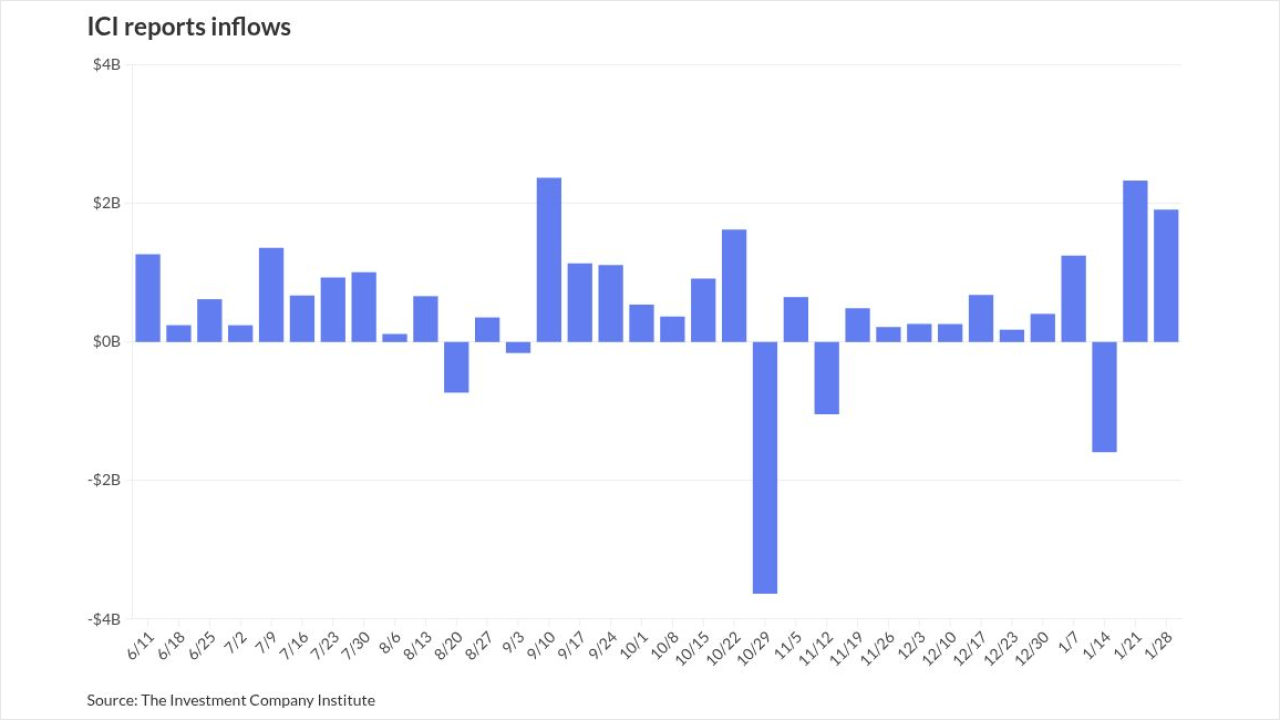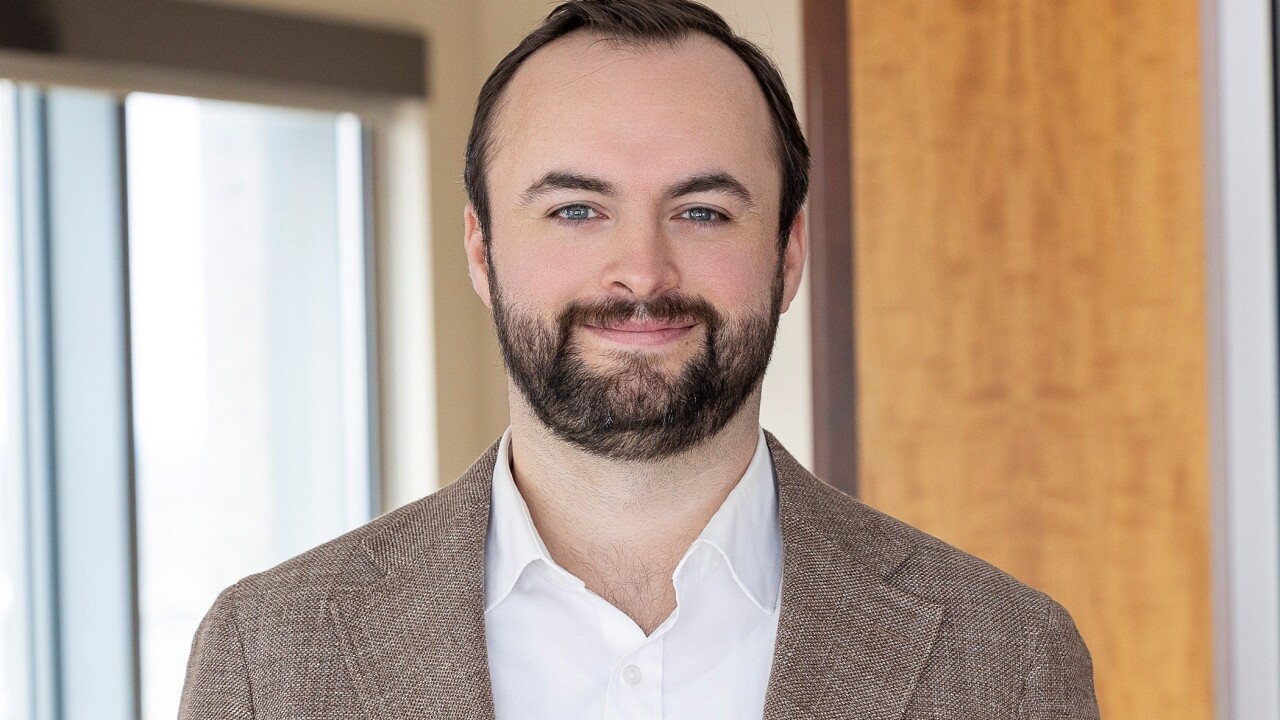Want unlimited access to top ideas and insights?
WASHINGTON – Democrats' majority control in the House of Representatives is expected to staunch the municipal bond market setbacks suffered under the Republican-written Tax Cuts and Jobs Act.
But with Republicans retaining a Senate majority, the two chambers of Congress could spend the next two years mostly in legislative gridlock. Multiple news organizations, including the New York Times and CNN, called the House for Democrats and the Senate for Republicans as the night wore on.
“Maybe it is the case that gridlock would be our friend for the next couple of years,” said National Association of Bond Lawyers President Dee Wisor. “We wouldn’t see any further attacks on tax exempt financing.”

Wisor was concerned that a continued Republican majority in the House could have made another attempt at terminating private activity bonds as a pay-for under their plans for a 10% middle class tax cut in 2019.
“In that scenario, municipal bonds could certainly be on the plate,” said Chuck Samuels of Mintz Levin, counsel to the National Association of Health & Educational Facilities Finance Authorities.
House Ways and Means Committee Chairman Kevin Brady, R-Texas, proposed terminating PABs in the original House version of the 2017 tax legislation.
The final version of the 2017 tax bill preserved PABs but retained two other pay-fors, the termination of advance refundings and a $10,000 ceiling on the federal deduction for state and local taxes.
Reversing those setbacks in the new Congress are among the muni industry priorities next year, along with an increase in the limit on bank qualified loans to $30 million from $10 million, and an end to sequestration cuts on the interest rate subsidies for Build America Bonds.

Generating support will be an uphill fight.
In the current Congress, a Senate bill to increase bank qualified loans to $30 million has only two sponsors – Democratic Sens. Robert Menendez of New Jersey and Ben Cardin of Maryland -- while there is no House version.
The Public Finance Network is compiling a municipal bond primer to distribute to new lawmakers of both parties as part of a lobbying effort that will highlight local projects in their districts that have been financed with tax-exempt bonds.
Emily Brock, director of the federal liaison office of the Government Finance Officers Association, said the lobbying also will highlight projects no longer eligible for advance refunding and those financed with Build America Bonds.
About $173 billion in BABs were still outstanding as of April 3, with $47 billion of that callable, Brock said. The states with the most remaining BABs are Texas ($5.9 billion), California ($5.8 billion), Florida (4 billion) and New York ($3.3 billion).
However, the new Democratic House majority prioritized health care during the campaign season and isn’t likely to switch gears to emphasize taxes as Republicans unsuccessfully did, said Howard Gleckman, a senior fellow in the Urban-Brookings Tax Policy Center.
“I think it’s very unlikely we are going to see much tax legislation over the next couple of years,” Gleckman said. “I think there are a couple of places where they can fiddle around the edges. There’s some possibility that they could do a bipartisan technical corrections bill.”
Gleckman said a Republican Senate and Democratic House most likely would limit the scope the bill of any technical correction bill, making any muni provisions unlikely in his opinion.
Any legislative gains for the muni market in 2019 are most likely to be part of an infrastructure bill.
The tax treatment of bond financed infrastructure will be a key part of any package. Muni groups hope the legislation will expand the use of tax-exempt private activity bonds and will lobby for inclusion of a provision to restore advance refundings.
Wisor said NABL is planning to release a paper in the first quarter of 2019 outlining options for financing rural infrastructure that may include a recommendation for increasing the limit on bank qualified loans to $30 million.
“It is certainly those small rural communities that could benefit from an expansion of the BQ limit,” Wisor said.
The bank qualified loan limit was temporarily increased to $30 million under the 2009 American Recovery and Reinvestment Act economic stimulus bill.
Rep. Richard Neal, D-Mass., and the former Sen. John Kerry, D-Mass., also included a provision in that 2009 legislation that exempted PABs from the Alternative Minimum Tax for two years.
Neal is expected to serve as the new chairman of the tax policy writing House Ways and Means Committee with Brady becoming the Republican ranking member.
On the Senate side, the new Finance Committee chairman is expected to be Sen. Charles Grassley, R-Iowa, who will return to a position he held from 2003 to 2006 and for six months in 2001.
Grassley has a track record of bipartisanship on tax issues although he participated in the Republican strategy in 2017 to block all Democratic amendments to the Tax Cuts and Jobs Act.
His most recent position as Judiciary Committee chairman was highlighted by partisan fights over judicial nominations.
So it’s uncertain whether Grassley would take up muni-related bills for consideration if they pass the Democratic-controlled House.
Neal, a former mayor of Springfield, Mass., is thought of highly among muni bond lobbyists. “You’ll certainly see serious House considerations of municipal bond reforms,” Samuels said. “You would be hard pressed to find anyone who is more tutored and committed to municipal bonds.”
Neal told The Bond Buyer in September that if he becomes chairman of Ways and Means he will invite representatives of the National League of Cities, U.S. Conference of Mayors and “the bond market people” to testify on the impacts of the 2017 Republican tax legislation.





